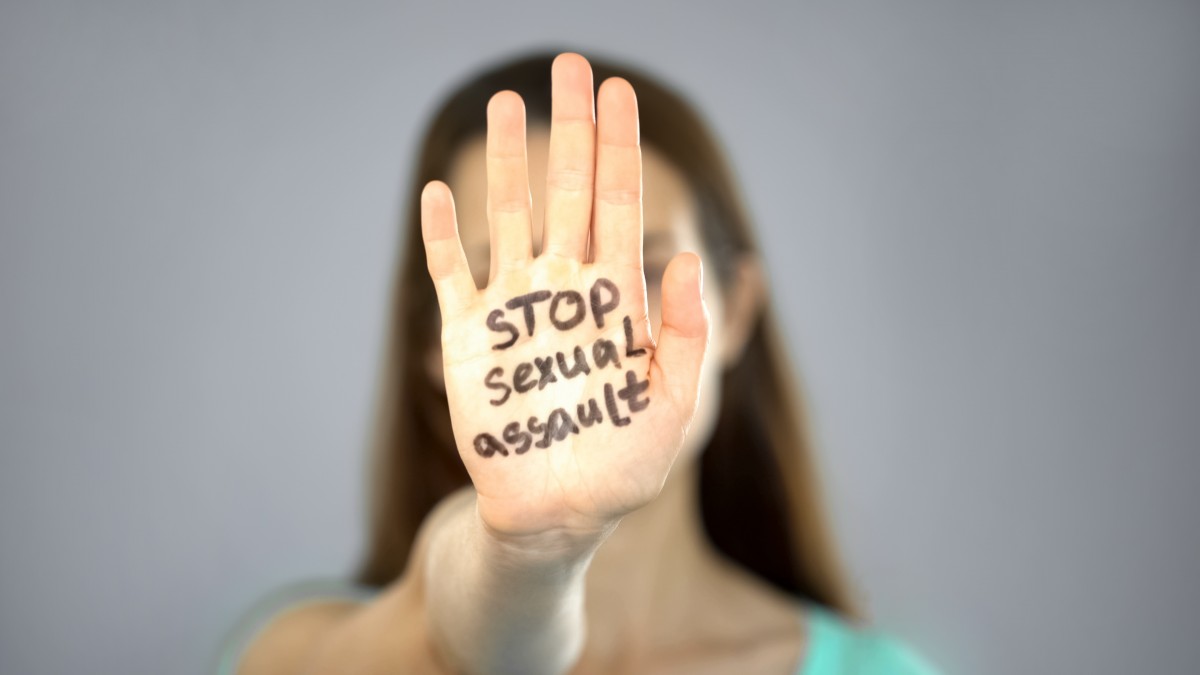Shame vs Accountability: Why Sexual Assault Survivors Feel What Perpetrators Should
Why do so many sexual assault survivors carry the crushing weight of shame—when it’s the perpetrators who should?
It’s a painful paradox: those harmed feel responsible, while those who caused the harm often escape the emotional burden. This twisted imbalance doesn’t just silence survivors, it perpetuates a culture where accountability is rarely enforced.
In this article, we’ll break down the difference between shame and accountability, why survivors wrongly internalize guilt, and how society can begin shifting the burden where it truly belongs—onto perpetrators.
Understanding Shame and Accountability

At its core, shame is a heavy, personal emotion that makes someone feel unworthy or flawed. Survivors often think: “I must have done something wrong.”
On the other hand, accountability is external—it means acknowledging harm caused and taking responsibility. It’s what perpetrators should carry, but often don’t.
Think of it like this: shame is a backpack full of bricks placed on the wrong person’s shoulders. Accountability is the rightful owner carrying that weight.
The Paradox of Survivor Shame

Survivors commonly experience shame even though they did nothing wrong. Why? Because society often teaches people, especially women and marginalized groups, to monitor their behavior:
-
What were you wearing?
-
Why were you there?
-
Did you say no clearly enough?
Instead of asking, “Why did the perpetrator choose violence?” the questions turn inward, fueling misplaced shame.
Why Perpetrators Often Escape Accountability

Perpetrators dodge accountability for several reasons:
-
Social silence: Many survivors fear speaking up.
-
Legal loopholes: Conviction rates for sexual assault are notoriously low.
-
Cultural biases: Communities protect powerful individuals.
This allows perpetrators to continue their lives largely unaffected while survivors bear the scars.
Cultural Narratives That Fuel Survivor Shame

Movies, TV shows, and even family advice reinforce damaging myths:
-
“Boys will be boys.”
-
“She must have led him on.”
-
“Good people don’t get assaulted.”
These narratives wrongly suggest that survivors are somehow complicit, when in reality, assault is always the perpetrator’s choice.
The Role of Silence and Stigma

Silence is a shield for perpetrators but a cage for survivors. Many stay quiet out of fear:
-
Fear of not being believed.
-
Fear of retaliation.
-
Fear of losing relationships or jobs.
This silence reinforces stigma, making survivors feel isolated and ashamed.
The Psychology Behind Survivor Guilt

Trauma can rewire the brain’s response to danger. Survivors often replay events, thinking, “If I had just done something differently, maybe it wouldn’t have happened.”
But this is a survival mechanism—an attempt to make sense of chaos. Guilt becomes a misguided way to regain control.
The Power Dynamics of Sexual Assault

Sexual assault isn’t about passion—it’s about power and control. Perpetrators exploit vulnerabilities, whether emotional, physical, or situational.
Recognizing this helps survivors understand: it wasn’t their weakness, it was someone else’s abuse of power.
Victim-Blaming: A Social Disease

Victim-blaming shifts responsibility from perpetrator to survivor. It’s like blaming someone hit by a drunk driver for choosing to walk down that street.
This attitude is toxic, keeping survivors trapped in shame while shielding perpetrators from scrutiny.
Media’s Influence on Survivor Perceptions

Media often dramatizes assault stories, focusing on survivor behavior instead of perpetrator actions. Sensational headlines and biased reporting deepen shame and spread misconceptions.
Responsible storytelling can instead amplify survivor voices and highlight the need for accountability.
The Emotional Toll on Survivors

Shame is not just emotional—it manifests physically:
-
Anxiety and depression
-
Sleep disturbances
-
Difficulty trusting others
-
Post-traumatic stress
These ripple effects can last years, showing how misplaced shame is a heavy burden survivors never deserved.
Accountability: What It Really Means

Accountability isn’t just saying “sorry.” It means:
-
Admitting harm.
-
Facing consequences (legal, social, personal).
-
Taking steps to change behavior.
Without accountability, healing for survivors and communities remains incomplete.
Shifting Shame Back Where It Belongs

To heal, society must return shame to perpetrators—not survivors. This requires:
-
Changing conversations: Ask “Why did they assault?” not “Why didn’t you stop it?”
-
Challenging myths: Education that dispels harmful stereotypes.
-
Supporting survivors: Encouraging open dialogue and compassion.
How Survivors Can Reclaim Their Power

Survivors reclaim power by:
-
Speaking their truth (when safe).
-
Seeking therapy or support groups.
-
Setting boundaries in relationships.
-
Recognizing their survival as strength, not weakness.
Healing is not linear, but every step is an act of resistance against misplaced shame.
The Role of Allies and Communities

Communities must create safe spaces for survivors. Allies can:
-
Believe survivors.
-
Speak out against jokes or comments that normalize assault.
-
Support policies that protect survivors and hold perpetrators accountable.
Silence helps perpetrators. Speaking up shifts the culture.
Building a Culture of True Accountability

True accountability means:
-
Legal systems that prioritize survivor safety.
-
Workplaces with zero tolerance policies.
-
Educational programs that teach consent early.
When accountability becomes the norm, shame no longer clings to survivors—it returns to those responsible.
The weight of shame doesn’t belong to survivors of sexual assault—it belongs to perpetrators.
By shifting blame away from survivors and enforcing real accountability, society can begin healing the deep wounds caused by this imbalance. Survivors deserve compassion, justice, and freedom from shame.